How to Choose the Right Commercial Water Purification System
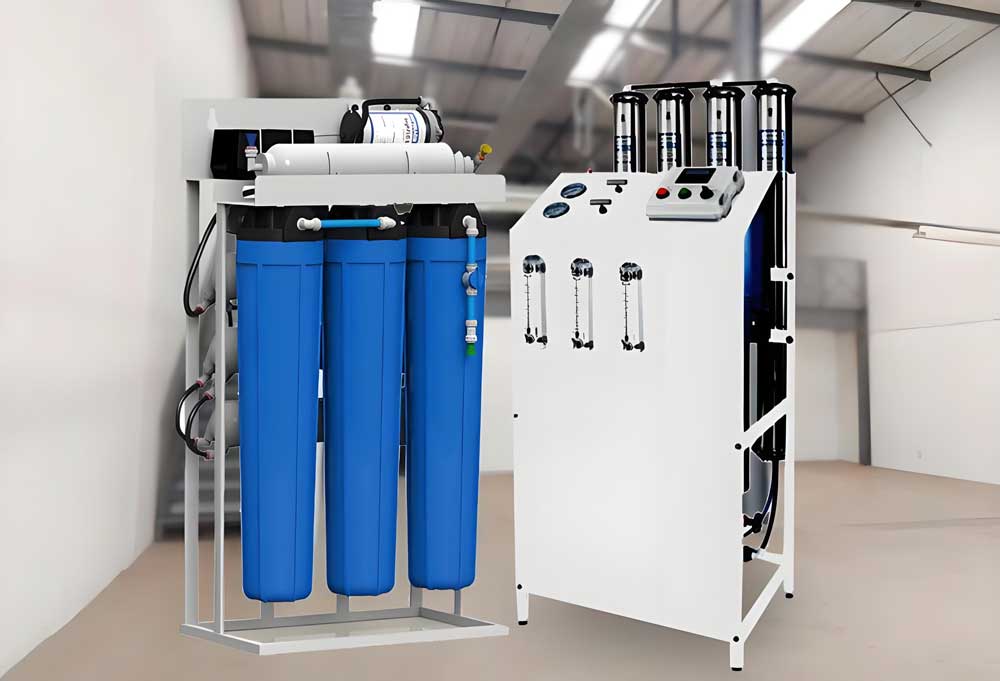
Choosing the right commercial water purification system is a crucial decision that will impact your business operations, product quality, and the health of your customers and employees. There is no one-size-fits-all solution, and the best choice depends on your specific needs. This comprehensive guide will help you make an informed decision:
1. Identify Your Needs: This is the most critical step!
Before considering any water purification system, you need a thorough understanding of your water usage requirements and the existing water quality.
What is your water source?
- Municipal Tap Water: Usually undergoes initial treatment but may still contain chlorine, chloramines, disinfection byproducts, sediment, and metals from aging pipes.
- Well Water: Water quality can vary significantly by geographic location and may contain higher levels of minerals (like calcium, magnesium, iron, manganese), bacteria, viruses, pesticides, nitrates, etc.
- Surface Water (Rivers, Lakes): Water quality is highly variable and may contain higher levels of organic matter, suspended solids, bacteria, and viruses.
- Seawater or Brackish Water: Requires more complex desalination systems.
What is the current water quality like?
- Physical Parameters: Turbidity, color, odor, Total Dissolved Solids (TDS).
- Chemical Parameters: pH, hardness (calcium, magnesium), chlorine, chloramines, heavy metals (lead, arsenic, mercury, etc.), Volatile Organic Compounds (VOCs), pesticides, nitrates, nitrites, etc.
- Biological Parameters: Total coliform, E. coli, other pathogenic bacteria, etc.
- Conduct a Water Quality Test: This is the most important step. Hire a professional, third-party water testing laboratory to conduct a comprehensive analysis of your water source. The report should include various contaminant parameters, such as:
- Understanding your water quality issues is the foundation for choosing the right purification system.
What is your water usage requirement?
- Estimate daily or hourly water consumption: Consider your business type, number of employees, production needs, etc.
- Consider peak water demand: Your water usage may be higher during certain times.
- Forecast future water needs: Are there plans to expand your business?
What will the purified water be used for?
- Drinking Water: Requires removal of odors, colors, chlorine, heavy metals, bacteria, etc.
- Food and Beverage Production: May have very high water quality requirements to remove specific minerals, microorganisms, etc., to ensure product quality and safety.
- Medical Use: Needs to meet medical-grade pure water standards, removing all microorganisms, ions, etc.
- Laboratory Use: Requires extremely high water purity, often needing ultrapure water.
- Boiler Feedwater: Requires softened water or removal of minerals to prevent scaling.
- Cooling Tower Makeup Water: Needs control of microorganisms and minerals to prevent equipment corrosion and scaling.
- Specific Industrial Processes: Different industrial processes have varying water quality requirements.
What is your budget?
- Initial investment cost: Includes the cost of purchasing the water purification system.
- Operating costs: Includes electricity, filter replacement costs, maintenance fees, chemical costs, etc.
- Long-term cost-effectiveness analysis: Consider the potential cost savings from the purification system, such as reduced equipment damage, improved product quality, etc.
How much space do you have available?
- Measure the area where the water purification system will be installed, considering the equipment's dimensions and the necessary plumbing connections.
Are there any industry or local regulatory requirements?
- Certain industries (e.g., food and beverage, medical) have specific regulations regarding water quality. Understanding and meeting these requirements is crucial.
2. Understand Common Types of Commercial Water Purification Systems:
Based on your needs and water quality, here are some common types of commercial water purification systems:
- Sediment Filters: Used to remove particulate matter like sand, dirt, and rust from the water, protecting subsequent filters.
- Activated Carbon Filters: Effectively remove chlorine, chloramines, odors, colors, and some Volatile Organic Compounds (VOCs) from the water.
- Water Softeners: Remove calcium and magnesium ions through ion exchange, preventing limescale buildup and protecting pipes and equipment.
- Reverse Osmosis (RO) Systems: Utilize a semi-permeable membrane to separate water molecules from contaminants under high pressure, effectively removing dissolved solids, heavy metals, bacteria, viruses, and more, producing high-purity water.
- Ultraviolet (UV) Disinfection: Uses ultraviolet light to kill bacteria, viruses, and other microorganisms in the water, a non-chemical disinfection method.
- Water Distillers: Boil water and then condense the steam, effectively removing most impurities, including minerals and microorganisms.
- Deionization (DI) Systems: Use ion exchange resins to remove charged ions from the water, producing ultrapure water, often used in laboratories and certain industrial applications.
- Specialty Filters: Designed to remove specific contaminants like arsenic, lead, or fluoride.
3. Matching Your Needs with the Right System:
Based on the needs you identified in the first step, match them with the appropriate types of water purification systems mentioned above:
- If your primary concern is sediment, then one or more sediment filters are necessary.
- If your tap water has a chlorine taste or odor, an activated carbon filter is an ideal choice.
- If your water has high hardness, a water softener will be required.
- If your application requires high-purity water, such as for drinking, food production, or laboratory use, a reverse osmosis system is often the best option.
- If your water source may have bacterial or viral contamination, a UV disinfection system is a necessary safety measure.
- For applications needing ultrapure water, a combination of reverse osmosis and deionization systems may be required.
- If the water quality test reveals the presence of specific contaminants, then you will need to select specialty filters that are effective at removing those contaminants.
Often, a complete commercial water purification system will require a combination of multiple filtration technologies, forming a multi-stage filtration system to achieve the best purification results.
4. Key Factors to Consider When Choosing a System:
- System Capacity and Flow Rate: Ensure the chosen system has the treatment capacity to meet your peak water demand and provides sufficient water flow.
- Maintenance Requirements: Understand the frequency and cost of filter replacements, system cleaning, and other maintenance requirements. Some systems may require more frequent upkeep.
- Energy Efficiency: Consider the system's power consumption. Choosing an energy-efficient model can reduce operating costs.
- System Reliability and Durability: Opt for reputable brands and systems built with high-quality materials to ensure long-term reliable operation.
- Warranty and After-Sales Service: Check the manufacturer's warranty period and the availability of technical support in case any issues arise.
- Scalability: If your business anticipates future growth, consider choosing a system that can be expanded or upgraded.
- Automation Level: Some high-end systems have automatic monitoring, cleaning, and other features that can reduce manual intervention.
5. Installation and Maintenance:
- Professional Installation: Installing commercial water purification systems can be complex. It is recommended to hire a professional water treatment equipment installation company to ensure proper setup and operation.
- Regular Maintenance: Follow the manufacturer's recommendations for regular filter replacements, system cleaning, and other necessary maintenance to ensure the system's purification effectiveness and lifespan.
6. Consulting with Professionals:
Choosing the right commercial water purification system can be a complex process. It is highly recommended to consult with professional water treatment equipment suppliers or water treatment specialists. They can:
- Provide expert advice based on your specific situation.
- Help you analyze your water quality test report.
- Recommend the most suitable water purification system for your needs.
- Offer system installation and maintenance services.
Conclusion:
Selecting the appropriate commercial water purification system requires careful evaluation of your water needs, understanding your existing water quality, and considering the pros and cons of various purification technologies. By systematically analyzing these factors and consulting with professionals, you will be able to choose an efficient, reliable, and cost-effective water purification system that will provide long-term benefits for your business. Remember that investing in the right water purification system is a responsible decision for your business, employees, and customers' health.
Next : Commercial Water Purification Equipment for High Hardness Water
Must-Read Blogs For Chain Restaurants Owner

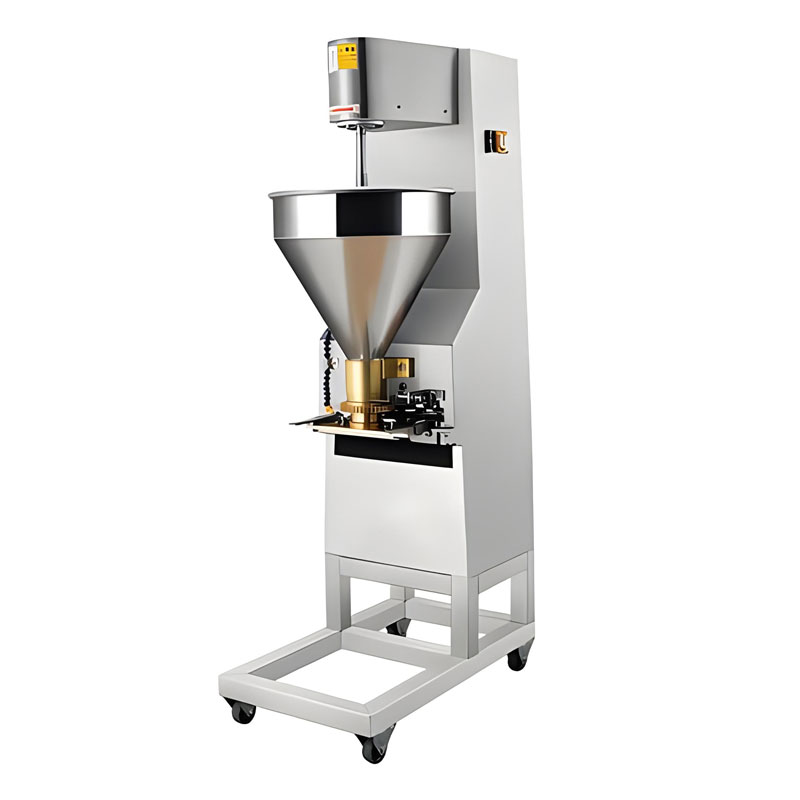
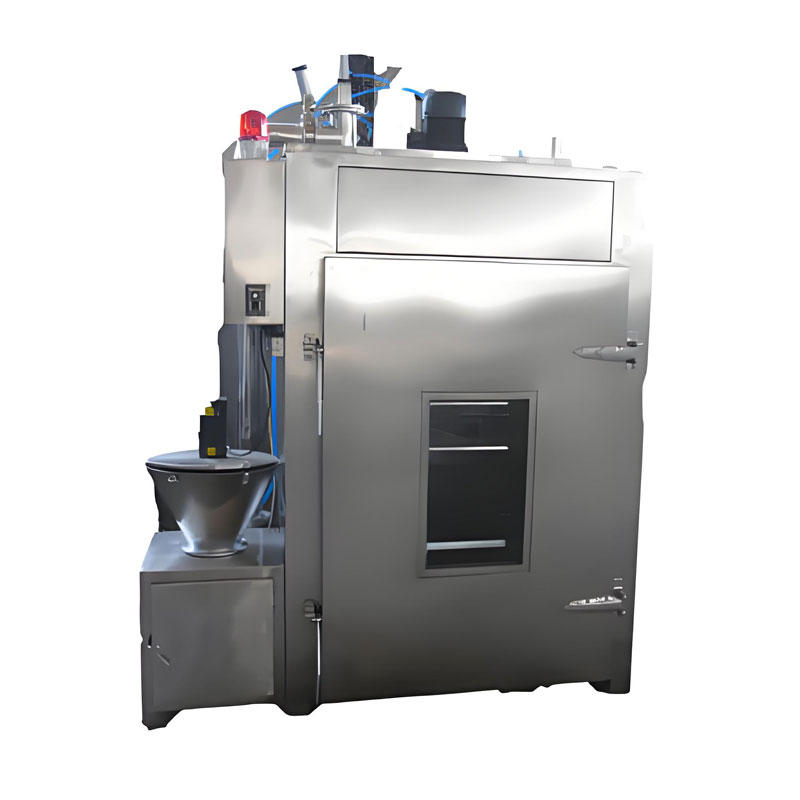
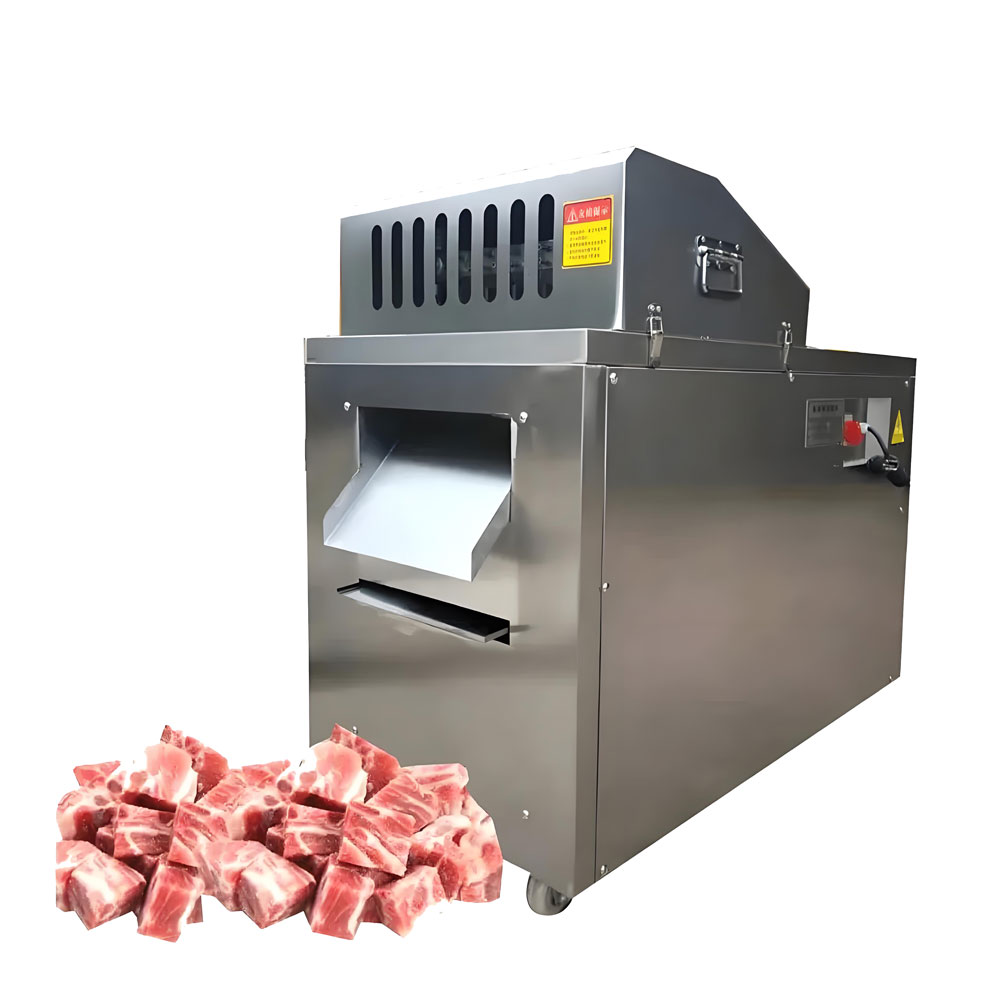
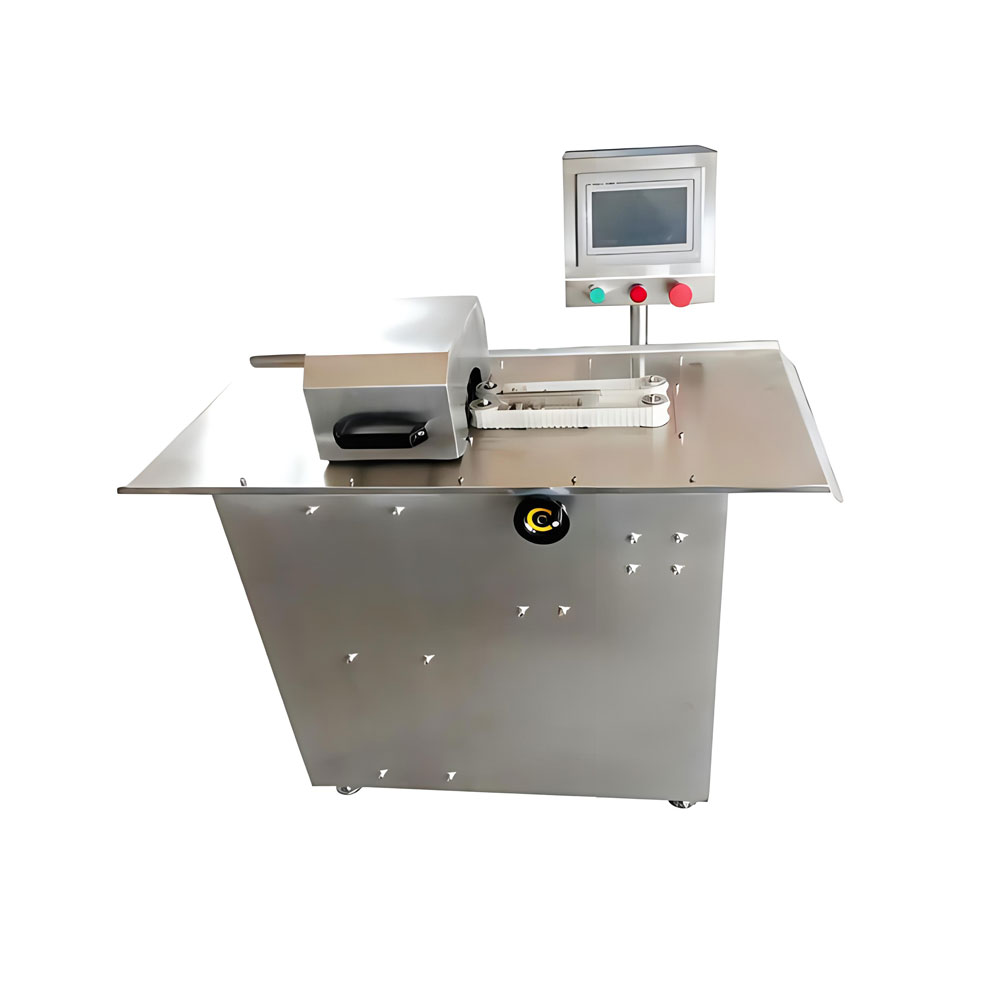
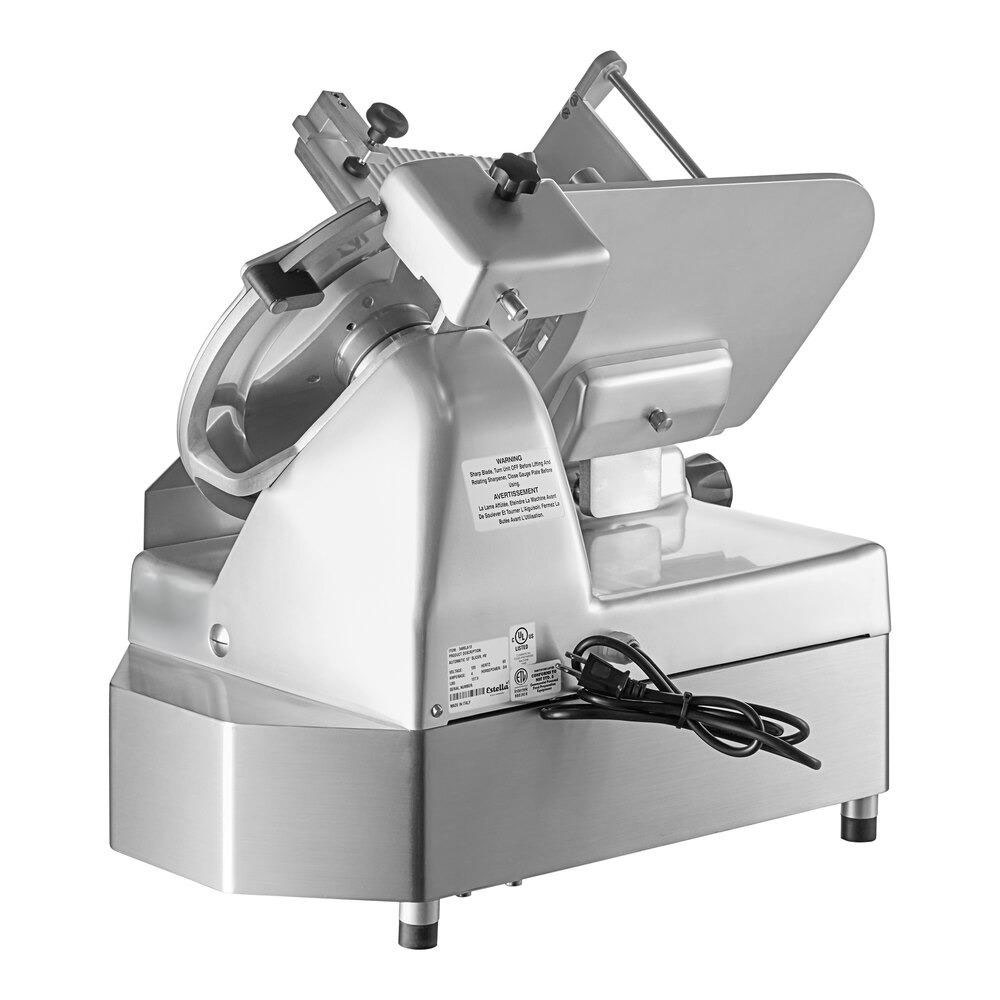
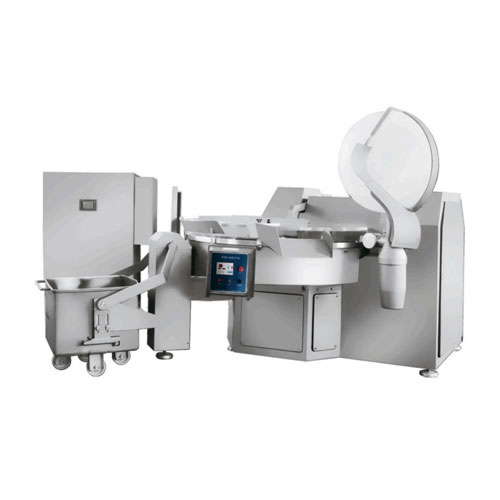
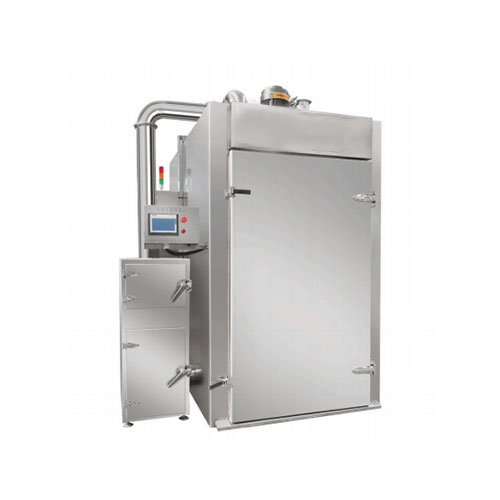
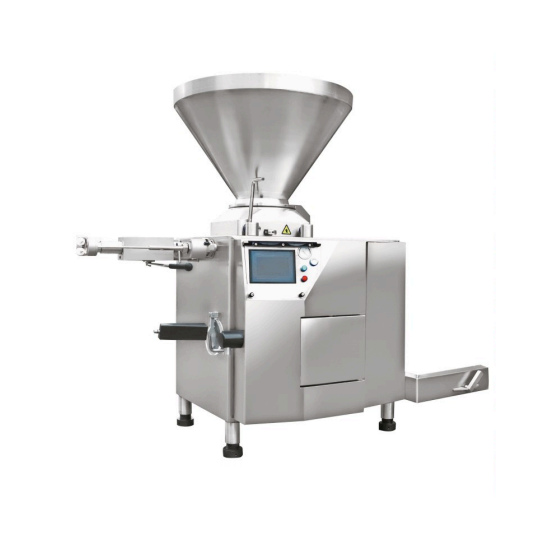
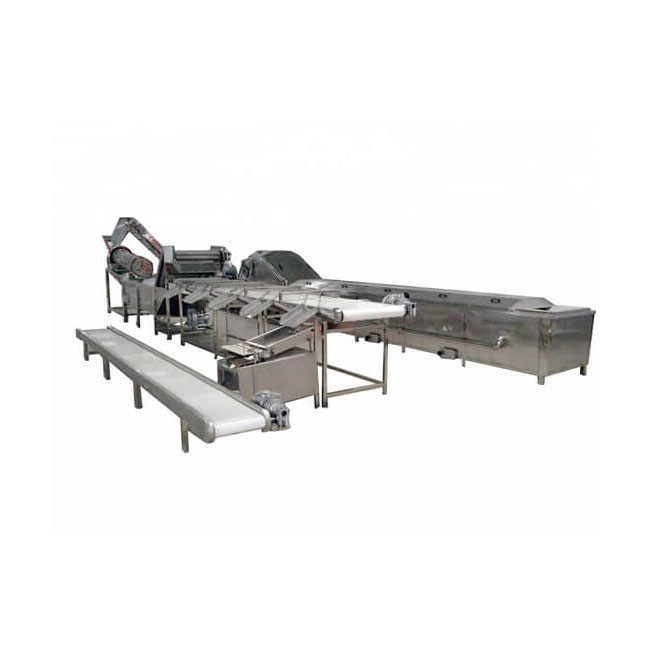
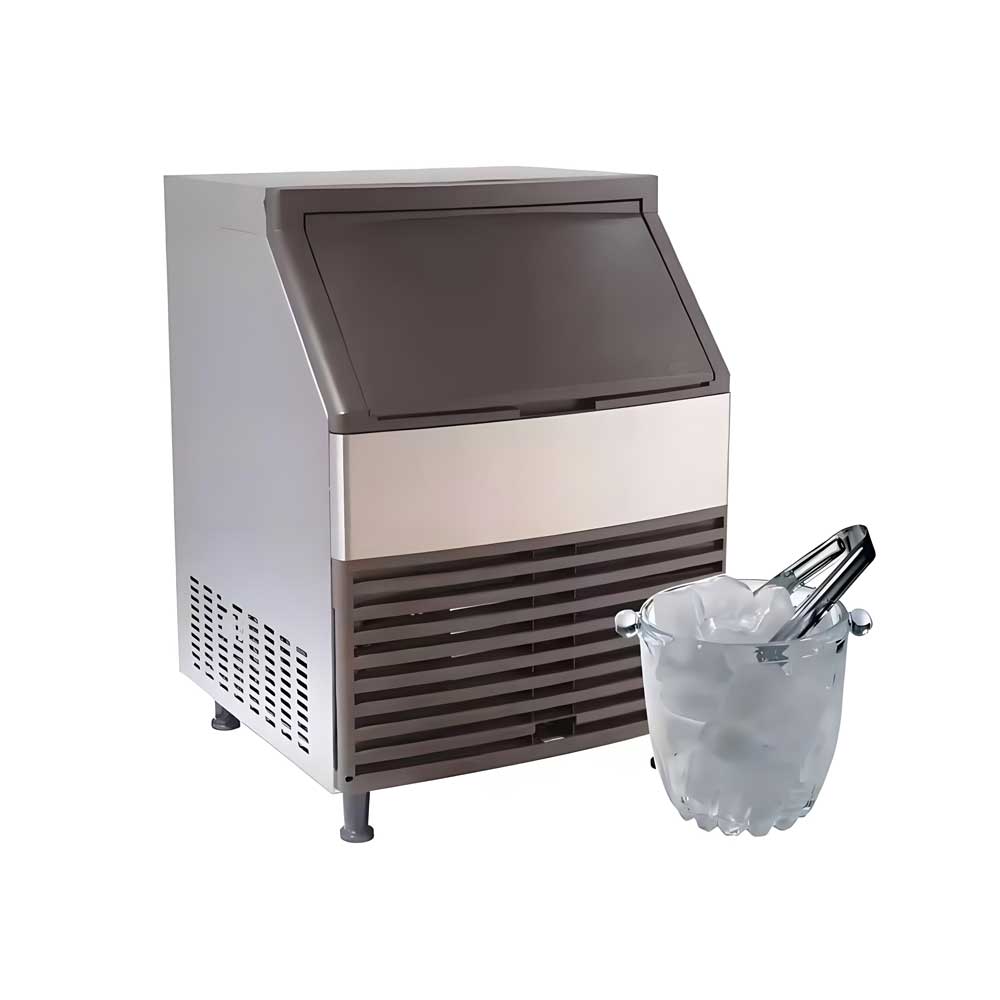
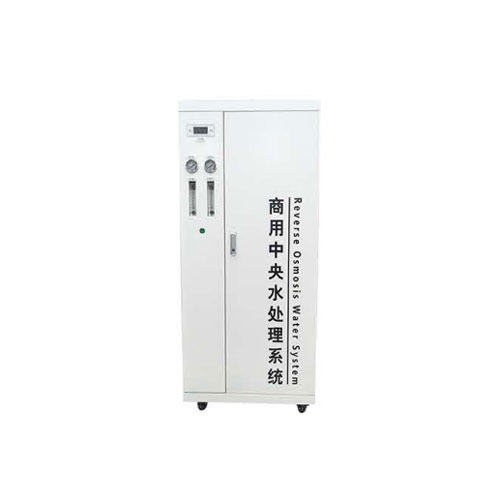 YL-W-06 Commercial Water Purification Equipment
YL-W-06 Commercial Water Purification Equipment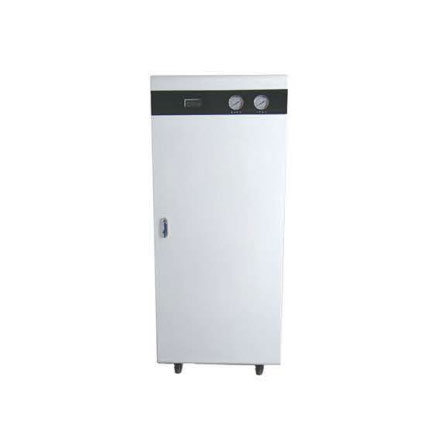 YL-W-05 Commercial Water Purification Equipment
YL-W-05 Commercial Water Purification Equipment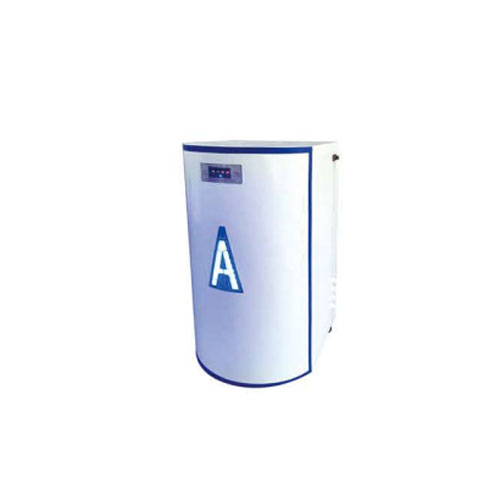 YL-W-04 Commercial Water Purification Equipment
YL-W-04 Commercial Water Purification Equipment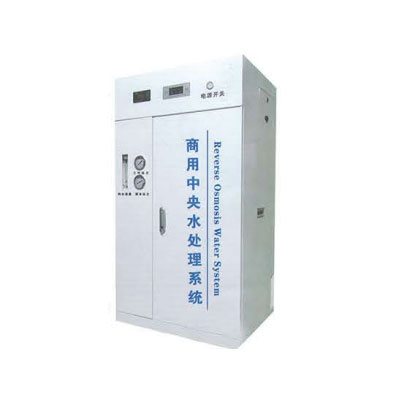 YL-W-03 Commercial Water Purification Equipment
YL-W-03 Commercial Water Purification Equipment
Ready to Get Started?